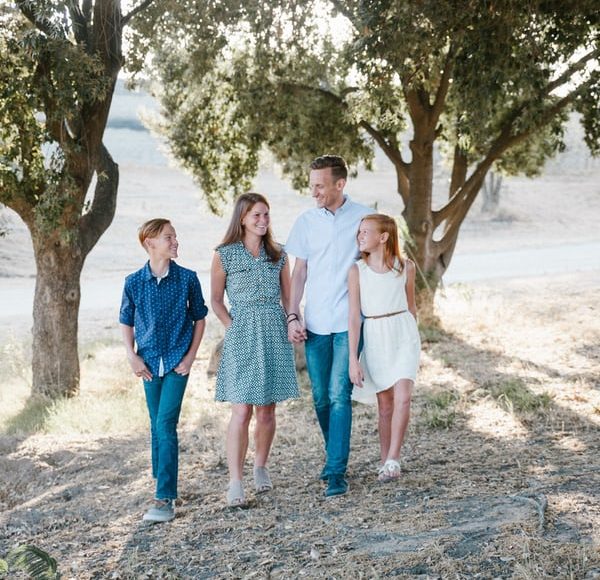If you have a blended family and do not plan for what happens to your assets in the event death, you are almost certainly guaranteeing hurt feelings, conflict, and maybe even a long, drawn-out court battle.
So let’s start by clarifying what a blended family is and whether you have one. If you have stepchildren, children from a prior marriage, or other people you consider “kin” who are not legal relatives in the eyes of the law, you have a blended family.
To summarize, if you have a blended family, you need an estate plan. Not just a will you created for yourself online, or a trust that isn’t very well designed to keep your family out of court and out of conflict. Unless you are okay with setting your loved ones up for unnecessary heartache, confusion, and pain, you want an estate plan.
What Will the Law Do If You Have a Blended Family?
“Blended Families”, once considered “non-traditional” families are swiftly becoming the norm. Currently, 52% of married couples (or unmarried couples who live together) have a step relationship of some kind, and 4 out of 10 new marriages involve remarriage. So, clearly, this is no longer “non-traditional” but quite normal. Yet, our laws about what happens if you become deceased or incapacitated in a blended family are still very much based on old and outdated traditions.
Every state has different provisions for what happens when you become incapacitated, and the laws of the state where you die may or may not match your wishes. For example, in Colorado, if you are survived by a spouse, your spouse would only receive a part of your estate, but if you have living children (or parents!), those living children or parents would receive the rest. And the amount your spouse receives is based on the number and ages of your children.
In contrast, in California, all community property assets would go to your surviving spouse, and separate property assets would be distributed partially to a surviving spouse and partially to children – the amounts depend on the number of surviving children.
While in Texas, it can get very complex, depending on whether your assets are separate or community, whether you have children from the marriage, no children from the marriage, or living parents, or siblings. This can all affect where your assets go.
These examples show you that where you die, and when you die, may not result in the outcome you want for your loved ones, especially if you’re in a blended family situation.
Even within “traditional” families, aka married parents with families, I want to emphasize that having a full plan is the best way to provide for your loved ones. However, with “blended” families, carefully considered estate plans are, as you can see, vital to avoid massive misunderstanding and conflict, and having your assets tied up in court instead of going to the people you want your assets going to.
Disputes Between Spouse and Children from Previous Marriage.
One of the most common problems that arise in a blended family is that the deceased’s children from prior marriages and the surviving spouse end up in conflict. This is sadly very common. Unless a comprehensive plan has been created, it could be very easy for your surviving spouse to cut your kids out completely.
When you’re considering all of these factors for the people you love, it’s better that you plan now than to leave it for the court to decide. That way, not only do the people you love get the assets that you want them to receive, but you may also be saving them from years of legal conflict. Just give us a call, and we’ll help you review your options.
Disclaimer: This article is intended to serve as a general summary of the issues outlined therein. While this article may include general guidance, it is not intended as, nor is a substitute for, qualified legal advice. Your review or receipt of this article by Lexern Law Offices, Ltd. (the “LLG”) or any of its attorneys does not create an attorney-client relationship between you and the LLG. The opinions expressed in this article are those of the authors of the article and does not reflect the opinion of the LLG.

